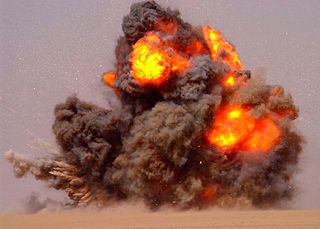Energy Policy and Its National Security Implications

Louis, sorry, but I don’t have too many additional thoughts on the matter. I think the most interesting thing would be for you to select and then support (or reject) a basic thesis on the subject, perhaps: The American people are being systematically lied to about the viability of their country’s de facto energy policy (i.e., fossil fuels), the only real winners from which are the fossil fuels companies themselves.
Then, you can pull apart some of the terrible consequences of the status quo re: energy security:
• Empowering terrorism and states hostile to US interests
• The opportunity costs of not pushing hard to lead the defining industry in the 21st Century
• Risks of outages/shortages from a variety of causes
• Cost of repairing damages from extreme weather events
• Other costs, e.g., lung disease and other healthcare issues (estimated at $500 billion in 2012)
• Human casualties and the financial costs of war, e.g., the $4 – $5 trillion price tag on the wars in Iraq and Afghanistan (if we could have spent this elsewhere, even in debt reduction, it could have had fantastic results)
• International scorn. How does the rest of the world really perceive us? Exactly why does that matter?

Craig,
Actually, you can just point to buildings blowing up randomly during the wintertime.
We have not been willing to adequately invest in maintaining our natural gas infrastructure, and leaks which develop in the pipelines can be devastating. There were several buildings in the Northeast that simply blew up (the most recent example was in the Bronx), just because we didn’t invest enough into the infrastructure.
I actually like NG, and I’m a huge proponent – as it’s the most direct way to increase the rate of decommissioning of coal plants… But that doesn’t disguise the fact that the price has not factored in adequate maintenance, and then much of the maintenance costs are shifted to the public sector and hence masked. In older cities, NG should cost more than it does. If you’re looking for security concerns, I’d be a lot more concerned about an underground pipe leak in the NY subway system than I would be about some uneducated goat farmer given a bomb vest by the Saud family.